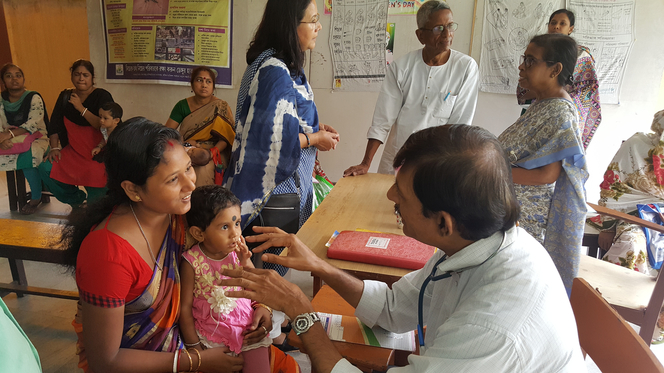Best Practices for Building Resilient NGO Organizations

In the dynamic world of non-governmental organizations (NGOs), building resilience is crucial for long-term success. This article delves into the importance of sustainability and explores best practices that empower NGOs to build resilient organizations. Join us as we unravel the key strategies for navigating challenges and ensuring a sustainable future for NGOs.
The Essence of NGO Sustainability:
- Defining NGO Sustainability: NGO sustainability is the capacity of an organization to endure, adapt, and thrive over time. It involves not only financial stability but also resilience in the face of challenges, continuous relevance, and the ability to achieve long-term goals.
- Long-Term Impact: Sustainable NGOs are better positioned to make a lasting impact. By focusing on resilience, organizations can weather storms, adapt to changing landscapes, and continue their mission-driven work for the benefit of communities.
- Balancing Social and Environmental Impact: Sustainability in NGOs goes beyond financial considerations. It encompasses balancing social and environmental impact, ensuring that the organization’s practices align with ethical and sustainable principles.
- Diversification of Funding Sources: Relying on a single funding source can be precarious. Sustainable NGOs diversify their funding streams by engaging with individual donors, corporate partnerships, grants, and exploring innovative fundraising methods.
- Strategic Planning for Long-Term Goals: Develop strategic plans that outline long-term goals and the steps needed to achieve them. A well-thought-out roadmap helps organizations stay focused, adapt to challenges, and remain resilient in achieving their mission.
- Investing in Staff Development: The backbone of any NGO is its people. Sustainable organizations invest in staff development, providing training opportunities, mentorship programs, and fostering a supportive work culture. A skilled and motivated team contributes to organizational resilience.
- Environmental Responsibility: Embrace environmentally responsible practices. Sustainable NGOs minimize their ecological footprint by adopting eco-friendly policies, reducing waste, and promoting sustainability in their day-to-day operations.
- Continuous Monitoring and Evaluation: Implement robust monitoring and evaluation processes to track the impact of programs and initiatives. Regular assessments allow organizations to identify areas for improvement, adapt strategies, and enhance overall effectiveness.
- Crisis Preparedness and Risk Management: Develop comprehensive crisis management plans and risk mitigation strategies. Preparedness for unforeseen challenges, whether financial, operational, or environmental, is integral to building resilience.
- Adaptability to Changing Circumstances: Embrace a culture of adaptability. Sustainable NGOs understand that change is inevitable and are proactive in adapting their strategies to evolving circumstances.
- Community Engagement and Collaboration: Foster community engagement and collaboration. Building resilient organizations involves forming strong partnerships with communities, other NGOs, and stakeholders, creating a network of support during challenging times.
Sustainability matters in the world of NGOs, and building resilient organizations is a continuous journey. By incorporating these best practices, NGOs can ensure they are not only financially stable but also adaptable, impactful, and relevant in the face of ever-changing challenges. Let sustainability be the guiding principle as NGOs strive for enduring success.






